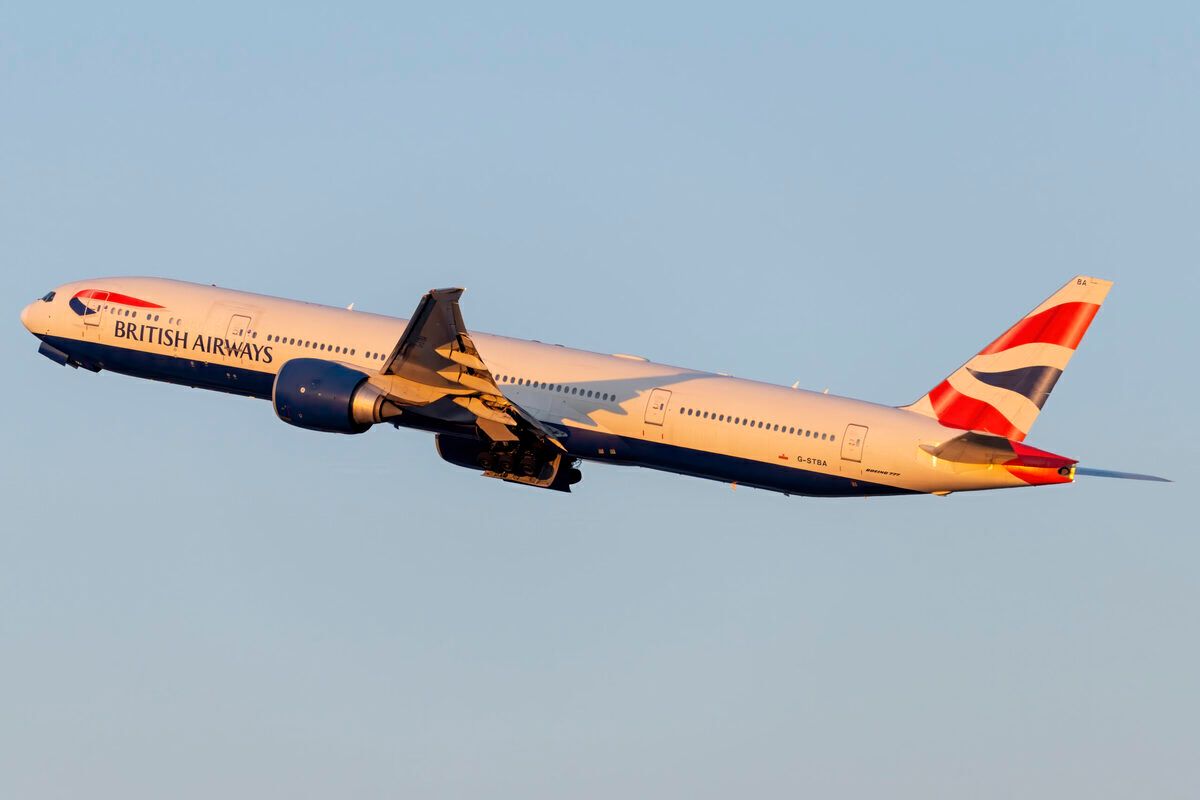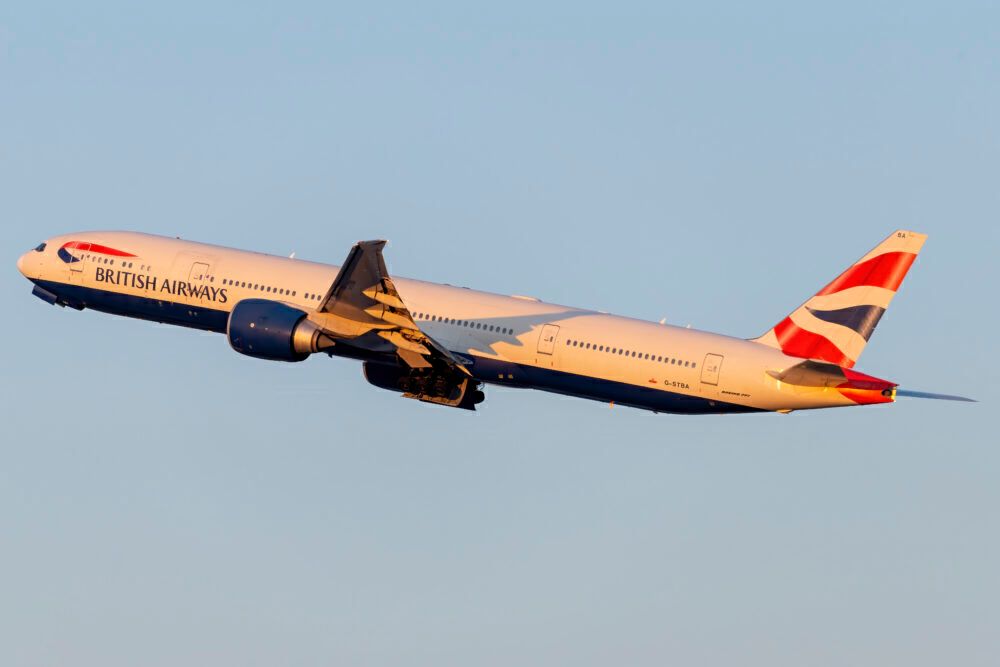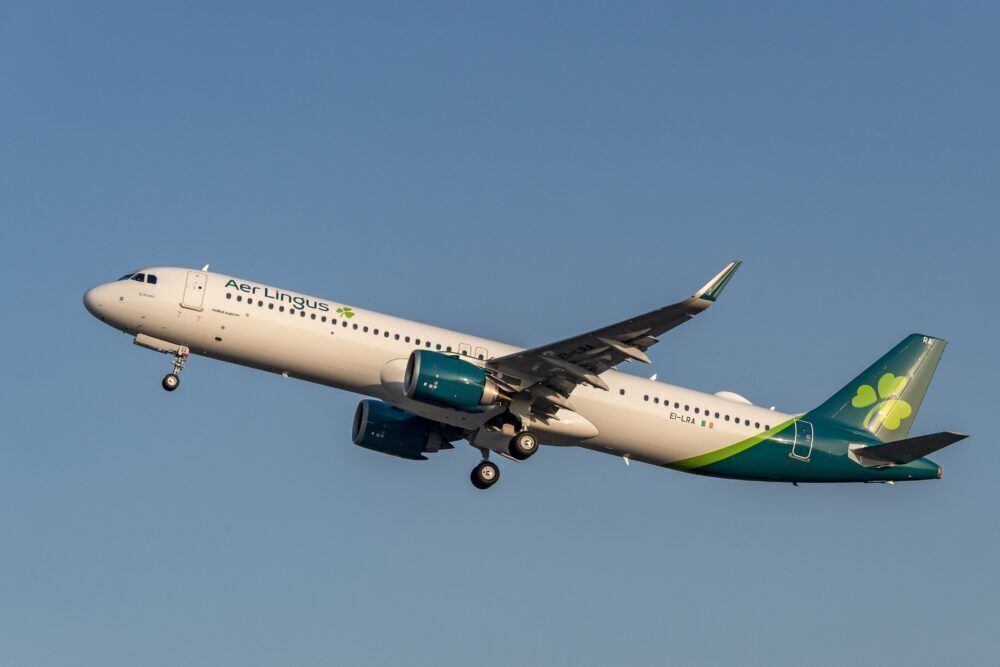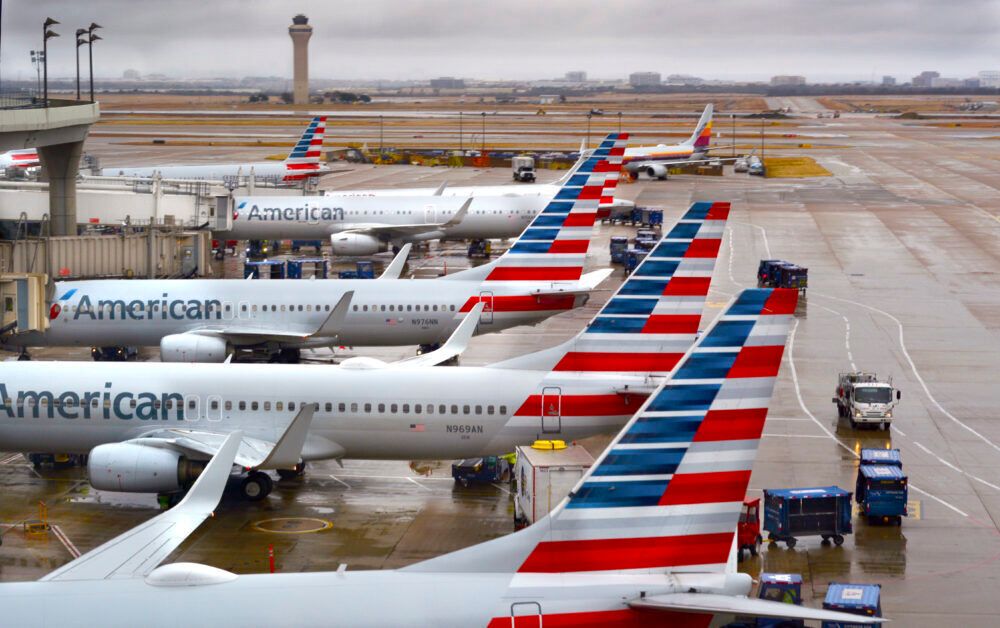The last few months have seen massive hope, tied with a need for transatlantic travel to open via an air corridor. This comes despite the UK Government’s recent announcement about all restrictions disappearing domestically on July 19.
The rise in cases and the menacing Delta variant is causing a lot of concern on the other side of the Atlantic, which is killing the hope for transatlantic travel to come back on a restriction-free basis. With talks on this topic looking set to extend far into August and September, this piece will look at the dissipating hopes for transatlantic travel to begin properly this summer.
A lot of hurdles to jump
Similar to the discussions taking place between the United Kingdom and the European Union, the United States is trying to come to a solution regarding the “status of AstraZeneca’s vaccine.” There is also a need for information regarding the Delta variant before it will be possible to make a clear-cut decision about allowing travel corridors.
Up to five million Britons have been vaccinated with a variant of the AstraZeneca vaccine produced in India. This has not been officially recognized by the EU, nor the United States, according to Schengen Visa Info. It is understood that such Britons may not be recognized as fully vaccinated as a result, meaning that they would have to take part in testing and potentially self-isolate instead of enjoying the perks afforded to vaccinated individuals.
The United States may follow the route that 10 European countries are taking by allowing Brits to enter despite the EU's warning. This, however, does not look too likely now given that US carriers are launching new services into continental Europe. For example, Delta Air Lines with its Minneapolis-Paris and New York-Nice routes that started on July 7th and 8th respectively.
The Biden Administration has also explicitly stated it “is in no hurry” to agree on the terms of the corridor. Meanwhile, The UK Government said back in June that this is “not something we’ll be announcing imminently”. It shows that a lot of discussions are taking place, and will no doubt be placed into the findings of the joint UK-US task force on restarting travel that was agreed at the G7 Summit.
How has this affected the UK industry?
The travel blockade has affected airlines in different ways within the United Kingdom. The highly anticipated Manchester launch of Aer Lingus UK to the US was delayed from July 29th to September 30th. Aer Lingus cited this as being “due to international borders opening later than expected”, affecting services to New York and Orlando.
British Airways has had to re-furlough staff, calling on the UK Government to “re-open international travel as soon as possible, putting more low-risk countries, like on the US, on its green list at the next available opportunity”.
On the airport side, The Telegraph reported that “Heathrow Airport is at risk of defaulting on its £15bn debt mountain after talks stalled over the return of flights between Britain and America”. For an airport like Heathrow, it has an extraordinarily strong interest that such flights are restored, as that connection forms the foundation for a lot of business that is still being lost.
One step at a time?
As mentioned in the Financial Times, despite the UK Government aiming to remove all restrictions by July 19, it could be the case that this is placing a negative impact on when international travel can restart.
It could be suggested that there is one step being taken at a time between the UK and the US, as each side is looking to make sure that cases do not turn into hospitalizations on either side of the Atlantic. But with the considerable cooperation between the US and the European Union, it appears that issues surrounding the AstraZeneca vaccine need to be resolved in order to gain approval by the European Union and subsequently further travel overseas.
While this may not seem relevant to the transatlantic question, it is. This is because if the EU approves it, then the US will be highly likely to follow suit. That, in turn, could be the key to strengthening the case for UK-US transatlantic operations. With the US being hesitant about this jab as well, this could provide strong reasoning behind slow talks.
The COVID-19 pandemic has, of course, caused governments, institutions, industry leaders, and others to take a step back and be cautious. Opening international corridors too early may place us back into the position we were in six months ago and could cause more lockdowns. This is why domestic decisions are being taken to assess the landscape, as will be seen on July 19 in the UK.
Final thoughts
What remains clear is that it is very unlikely that transatlantic travel will return in the summer. Evidence that substantiates this is the ongoing status of talks, hesitation over vaccines, and the spread of new variants, as well as question marks over some batches of the AstraZeneca vaccine.
All eyes will be on the UK and US governments to see what the results of the joint task force on re-opening international travel will be, with the hope that the return to normality on the domestic front can be replicated on the international stage.
In the meantime, airlines in the UK such as British Airways, Virgin Atlantic, and others will continue to bear the brunt as flight numbers continue to be cut and the purse strings get tightened even further.
A guest article by James Field from AviationSource





